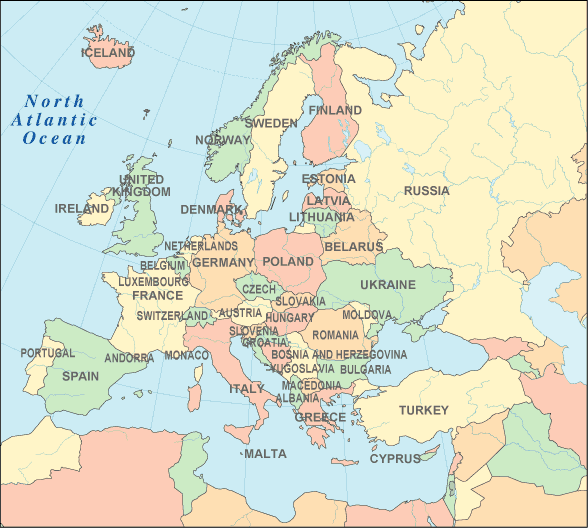 |
| World-atlas.us |
The Livonian language has faced invasion, crusades, plagues, wars, assimilation, and more, and survived, but each has taken their toll. Nearly extinct, but not quite gone, the Livonian language faces an uncertain future.Today less than 200 ethnic Livonians remain. Of those 200 only a handful speaks Livonian fluently.
Livonian is a close relative of Finnish and Estonian, found in Northern Europe, in modern day Latvia. Throughout its recorded history, beginning in the 12th century, Livonia has been caught up in much of Europe’s turmoil. Europe has a long history of wars, invasions, holy crusades and much more. While rarely the center of attention through all this, Livonia was often caught in the middle or on the edges of it, this lead to Livonia slowly being absorbed by other cultures and peoples, until today little remains.
Today the language borders on the brink of extinction. Since one of the last remaining native speakers died in 2009, it has been classified by some as extinct, and by others only nearly extinct. However many remaining Livonians want to see their language come back. They face many challenges. They are few in number, and are spread out enough to make using their language on a regular basis difficult. But they have some support. Some colleges in Finland, Estonia, and Latvia teach Livonian to anyone interested in learning. Though not many native speakers remain, the number of people who speak Livonian as a second language is slowly growing.
The choices made by today's Livonians will decide the fate of this language.
http://www.eraksti.lv/fetchbook.php?urlkey=1312742 - Livonian - Latvian - English phrasebook.